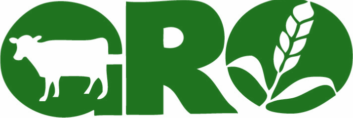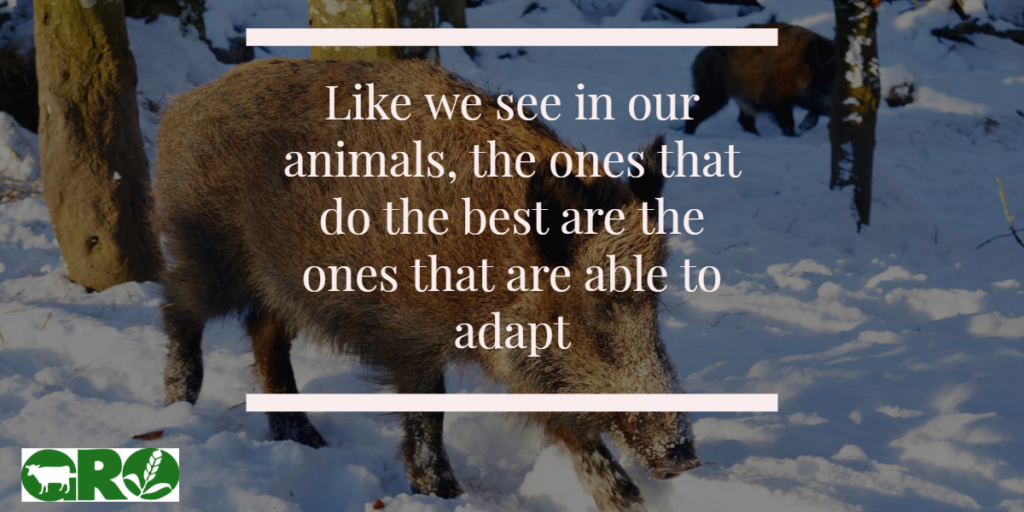With the New Year quickly approaching, this is a great time to reflect on what the last year brought us. It was an interesting year for agriculture in Alberta to be certain. For a lot of us in the northern part of the province we experienced a good amount of moisture with less days of sun than normal. Challenges with weather are nothing new to farmers, however when paired with political export challenges and an economy that has been declining, the need to step outside of the box with our thinking is greater than it has been in the recent past.
As direct marketers, our farm like so many others, has seen the decline of the economy impact our farm business. Where just a few years ago we could easily sell 50 pasture raised pigs as halves, wholes and pork packages, this past year we had to work to sell the 20 pigs that we had raised. The importance of diversifying your farm business is so incredibly apparent in times like these. We are strong proponents of the independence that direct marketing can give a farm, but we do have to remember that while you can do a lot to insulate yourself from the effects of the economy, politics and yes even the weather, none of us are invincible. So what do we do when things start to get a little rough? Well so much of it is in the planning and preparation during the good years. Part of that planning and preparation includes learning to have a growth mindset. Learning to be flexible and growing the ability to adapt to new situations. Much like we see in our animals, the ones that do the best are the ones that are able to adapt. For our pigs, when we buy weaners in the spring, the ones that are bred to do well in barns do not grow as well when put out to pasture. In our dogs, the ones that are bred to look pretty or do one specific job can end up with health issues, in horses the ones that are bred for colouring often end up with personality deficits. The main difference between us and these other species is our ability to adapt to our circumstances.
So what does adaptation look like in tough times? For our farm businesses, it may look like diversifying. If you are a crop producer, maybe it is time to consider putting animals on your land. Perhaps it is time to start inter-seeding crops. If you are a cattle rancher, perhaps it is time to try working with your neighbour that has a crop that he wasn’t able to get off with all of the wet weather. Maybe you could try growing vegetables for the summer market. Maybe you are close to the city and you can put all of your goats, ducks, horses, dogs and donkeys to work by starting up a petting zoo. Perhaps you have a huge amount of stinging nettle, or dandelion in one of your pastures, maybe you could harvest and sell that. If you love cooking, maybe you could start doing farm to table dinners. By diversifying we do not have all of our eggs in one basket (maybe it’s time to get some chickens!)
Now I am not saying that you should get out of whatever your primary agricultural commodity is, just that it is good to be able to do some out of the box thinking. When you have other markets in action, canola prices dropping, or trade with other countries, doesn’t have to hurt our businesses quite as badly as it has in this past year. Not only could diversifying help your farm business, but when you can integrate one of your external passions with your daily chores it could also bring you a new love for farming itself.
Farmers come from a long tradition of ingenuity, perseverance and fortitude. We will rise above our current challenges and become a better industry because of them as we work within our communities to create a higher degree of sustainability. Be willing to take that next step towards out of the box thinking and try something new. As you add diversity to your farm business you may be pleasantly surprised by the results.
Amber Kenyon
Gateway Research Organization

